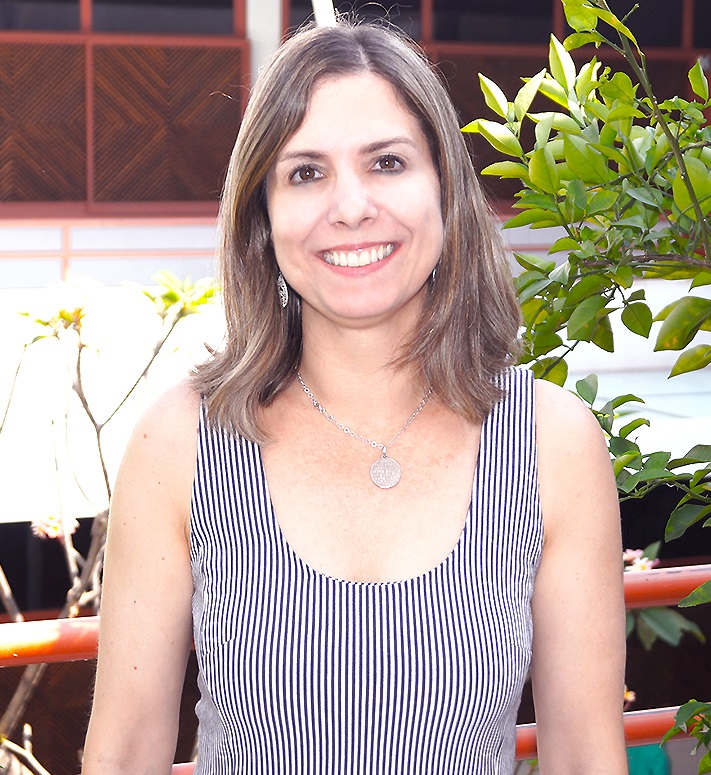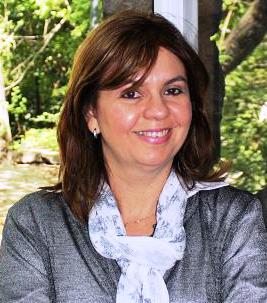Seeking continuous development (part 2)
Working in recruiting and teacher training, I came to notice that Knowledge and Skills (which we dealt with last month) may get your CV noticed, but what determines your success in your career in the end, are the two As in Donald Freeman’s KASA framework: Attitude and Awareness.
A long time ago, during one of those fiery staff meetings before lesson started, the other teachers and I were trying to standardise how we would deal with a recurrent situation when someone suggested we simply used common sense. I promptly agreed with the idea until a fellow teacher whom I deeply admire surprised me: “The problem with common sense is that it’s not so common.” We all believe we have common sense, just like we are all confident that we have great attitude and that we are aware of our strengths and areas we need to work on. But is it really so?
Negative attitude and lack of awareness are hard to admit because we tend to see them as character flaws, and the mere thought of not being up-to-standard in those areas can devastate our self-esteem. To add insult to injury, people around you will not tell you that you need to work on your attitude or awareness, probably to protect you from such devastating blow or to avoid conflict. So allow me to share some ideas on how to develop those two As.
Don’t take it personally
Everyone receives criticism, what we do with it is what separates those who’ will develop from those who won’t. Whenever a teacher, a boss, a coordinator or a student expresses dissatisfaction with something you did, they don’t mean to say we are worthless. It is the behaviour, the action or the words we’ve used that are the problem, not us. If we fail to distance ourselves from this behaviour, we’ll end up brooding over those nasty feelings rather than acting to prevent them from happening again. Next time you receive negative feedback, remember that sulking, striking back or (even worse!) pretending you understand will lead you nowhere. Ask questions, instead. Acknowledging the criticism and asking for further details will surely demonstrate maturity and allow you to devise an action plan to remedy the situation.
See and be seen
Being able to seeing the big picture from within is a daunting task. That’s why counting on the help of a peer to observe our lessons and give us some pointers may be useful for us to become better aware of what has been working and what hasn’t. Peer observation figures in virtually all books aiming at teacher development, and yet the number of institutions that have a peer-observation scheme implemented is disappointing. Fear of losing face before colleagues can play a role in such resistance, but the potential benefits that may come from mutual help are so great that it’s well worth the effort. Some of the greatest insights I had in relation to my own lessons came from the things noticed by other teachers observing my lessons and from my own observations of other professionals.
Have a mentor
In our eagerness to improve our performance and deliver lessons that are more effective and that better cater for our students’ needs, we often end up trying to reinvent the wheel. Why not count on the help of a more experienced professional, then? Identify someone whom you admire and ask them to be your own private “more capable peer” (Vygotsky would love that!). Anyone who loves what they do would be flattered by such request. If they feel they’re not sure what it means to mentor someone, you can recommend clicking here, here or here for great insights. If they simply don’t have time/want to be there for you…well…maybe you’re looking for the wrong qualities in a mentor.
Be professional
Have you ever heard the questions: “but do you work, or do you only teach?” Well, my friend, this comes to show that some people do not take the teaching profession seriously. And whose responsibility is that? Sorry to say that, but we, the teaching community, are partially to blame. Leaving the staff room to go to the classroom one minute before the lesson starts, not preparing lessons carefully, failing to return written assignments at the earliest opportunity, spending years without taking a course to improve your teaching skills are all behaviours that show that one doesn’t take their job seriously. And sorry to break the news…but students notice it the same way we see through the doctor who is not genuinely interested in our well being, but only in our chequebooks. Think about what kind of professional you’d love to have rendering you a service and be that professional!
Take responsibility
As you’ve probably noticed by now, developing awareness and attitude depends largely on us. There’s very little that teacher trainers, coordinators, peers and bosses can do to help us if we don’t make the first move and are open to feedback and change. Sticking to what we are used to doing is tempting, almost a natural instinct for many of us. However, development requires conscious effort made on a daily basis, and not everyone is willing to invest that much in his or her profession. What about you? How far do you want to go? And more importantly, what kind of professional do you want to be?
Reference:
Freeman D. 1989 Teacher Training, Development, and Decision-Making TESOL Quarterly, 23(1) 27-45





